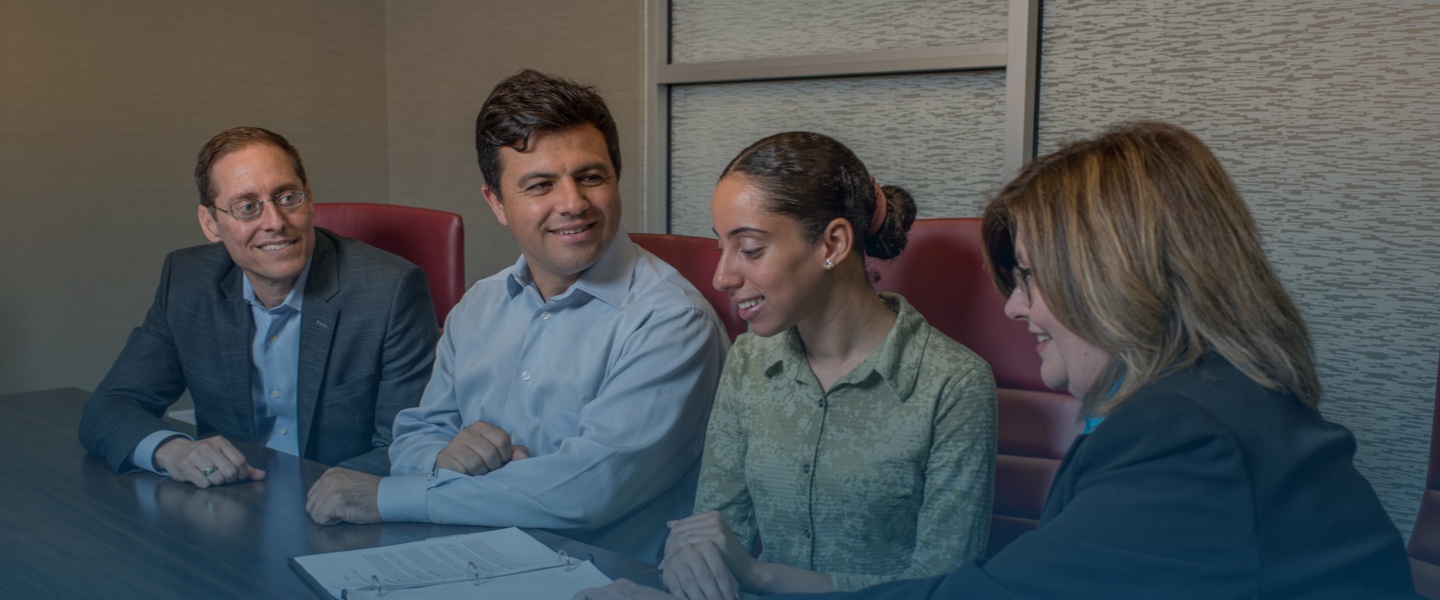How to Get a Second Opinion for Your Workers’ Compensation Injury in Georgia
Stephen Hasner | Workers' Compensation | June 22, 2025
Workplace injuries often leave employees with more than physical pain. Many also struggle with uncertainty about their medical care, especially when a company-approved doctor issues a diagnosis or recommends treatment that feels incomplete, aggressive, or […]
When Is the Trucking Company Liable for an Accident in Georgia?
Stephen Hasner | Truck Accidents | June 22, 2025
Truck accidents often result in serious injuries or fatalities. For those involved, the aftermath may include rising medical bills, loss of income, and a search for accountability. One of the most common legal questions after […]
How to Check the Status of a Workers’ Compensation Claim in Georgia
Stephen Hasner | Workers' Compensation | June 22, 2025
Injured workers in Georgia often find themselves in unfamiliar territory after filing a workers’ compensation claim. The process can feel slow, and delays may add financial strain to a difficult recovery. One of the most […]
Workers’ Compensation Appeals Process in Atlanta
Stephen Hasner | Workers' Compensation | March 28, 2025
Workplace injuries and occupational illnesses can be devastating, impacting not only a worker’s health but also their financial stability. Fortunately, workers’ compensation insurance exists to provide financial relief and medical benefits to employees who suffer […]
Employer Obligations for Employees Working from Home
Stephen Hasner | Workers' Compensation | March 28, 2025
The shift toward remote work has transformed the modern workplace, offering employees flexibility and businesses the ability to tap into a broader talent pool. However, this shift has also raised significant legal questions, particularly concerning […]
When to Hire a Workers’ Compensation Lawyer
Stephen Hasner | Workers' Compensation | March 28, 2025
Workplace injuries and occupational illnesses can be devastating, leading to lost earnings, mounting medical expenses, and uncertainty about the future. Workers’ compensation exists to provide financial support and medical benefits to employees who suffer work-related […]
How Does Workers’ Compensation Insurance Work in Georgia?
Stephen Hasner | Workers' Compensation | March 28, 2025
When a worker suffers an injury or illness due to their job, workers’ compensation provides financial and medical benefits. In Georgia, workers’ compensation is a vital safety net, ensuring employees receive necessary medical care and […]
What to Do After a Truck Accident
Stephen Hasner | Truck Accidents | March 17, 2025
When truck drivers and trucking companies behave negligently, such as by engaging in distracted driving or failing to maintain vehicles, serious accidents and injuries may occur. Following a truck crash, many collision victims are unsure […]
What Does a Workers’ Compensation Attorney Do?
Stephen Hasner | Workers' Compensation Lawyer | March 3, 2025
A workers’ compensation attorney plays an important role in guiding injured workers through the complex process of filing claims and securing benefits. They will begin by evaluating the details of your case and determining your […]
Do I Need to File a Police Report After an Accident in Atlanta?
Stephen Hasner | Motor Vehicle Accidents | February 27, 2025
Filing a police report after a motor vehicle accident in Atlanta is important for documenting the incident and establishing a record that can be used in a subsequent claim or lawsuit. This official report provides […]

